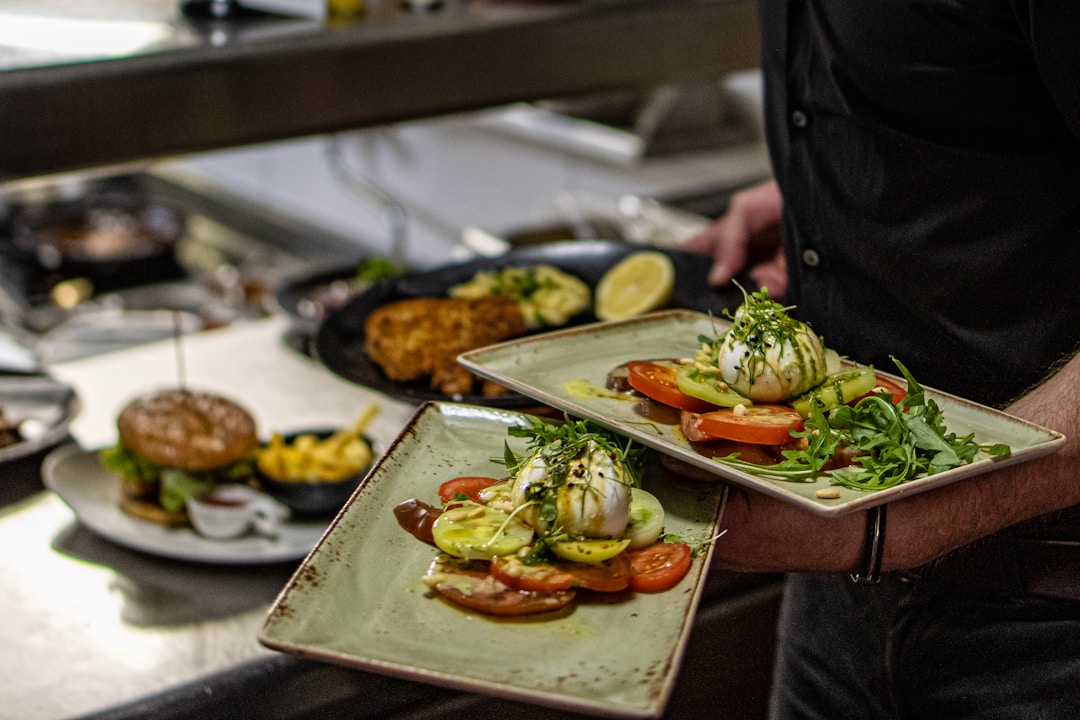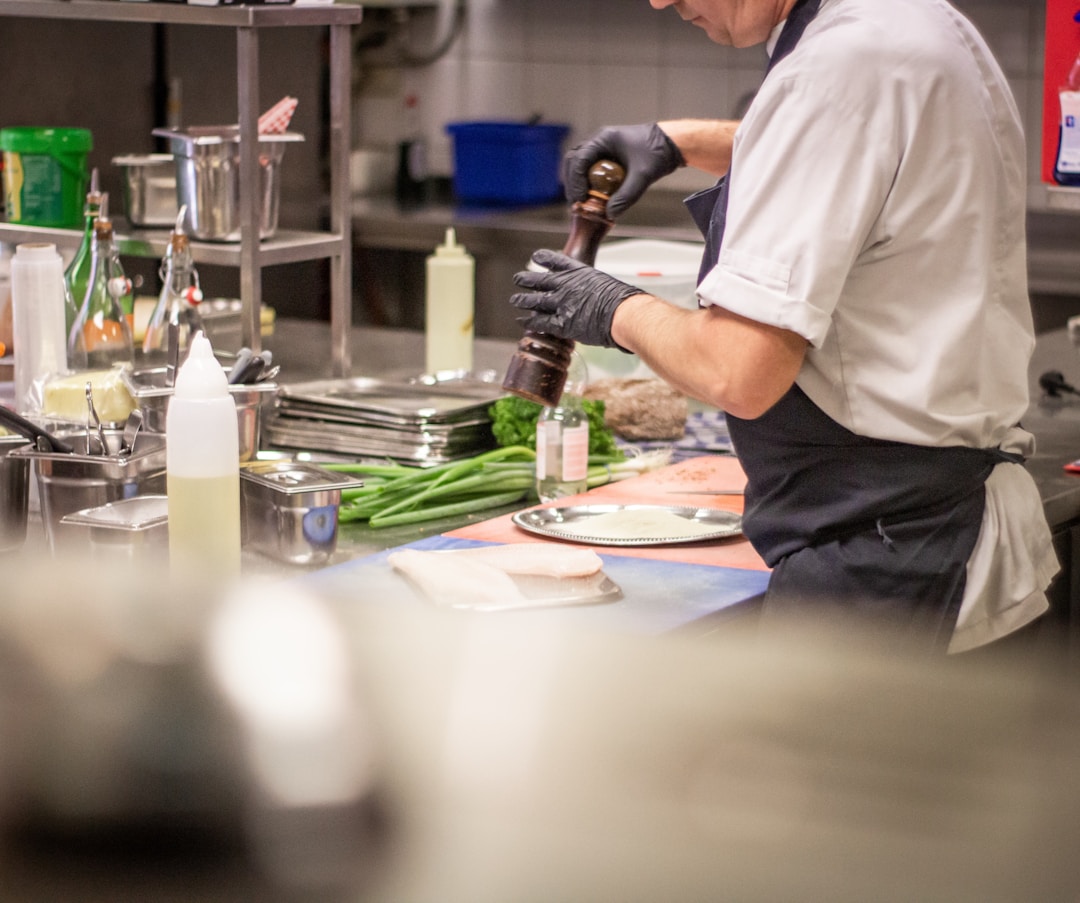Have you ever dreamt about preparing delectable pastries, curating the perfect menu for a popular restaurant, or innovating a unique dish that captures the heart of food critics? The culinary industry is a captivating universe, teeming with vibrant flavors and inventive creations. In this article, we’ll equip you with an informative guide to jump-start your journey towards becoming a culinary expert. Keep reading to fortify your path with helpful tips and guidelines.
Taking the First Step Towards a Culinary Career

Deciding to venture into the culinary world is a choice filled with passion and excitement. The first step is to conduct thorough research about the industry before delving into it. Understand the demands, working environment, job opportunities, and the potential hurdles you may face. Identifying your culinary interest is also fundamental. Figure out what excites you the most about the kitchen, be it baking desserts, specializing in cuisines, or managing a kitchen.
If you decide to pursue restaurant ownership, then you’ll need to invest in the right equipment, like commercial toasters. Commercial toasters are specifically designed to handle high volumes of toast in a short amount of time, allowing for a smooth and fast breakfast service. Quality kitchen equipment enhances productivity, reduces long-term costs, improves the dining experience, and showcases the owner’s commitment to excellence. By making these investments, restaurant owners can set their establishments apart from the competition and create a more successful and profitable business.
Understanding the Basics of Culinary Education
Culinary education is a pathway leading aspiring individuals towards their culinary ambitions. It provides a comprehensive curriculum, equipping you with the necessary skills, acknowledging health and safety practices in the kitchen, pairing ingredients, meal planning, and much more. The choice of culinary school is important. Some institutions offer wide-ranging programs, while some allow you to specialize in a particular field. For instance, those looking for a broad culinary education should consider institutes like Los Angeles culinary schools known for their comprehensive programs.
Culinary schools not only offer theoretical knowledge but also structured hands-on training. They provide mock kitchen environments, replicating the real-life scenarios that chefs often undergo in actual dining facilities. While culinary education enhances your skill set, don’t dismiss the importance of internships or apprenticeships. These opportunities provide invaluable practical experience in renowned kitchens, allowing you to apply your learned skills.
Essential Culinary Skills for Beginners

Aside from formal education, certain culinary skills are vital for every beginner. Mastering the art of cutting and knife skills is one of them. Efficient slicing and dicing can affect your meal preparation time and your dish’s presentation. Understanding the flavor combinations is another significant skill. Knowing which ingredients complement each other can lead to the successful creation of recipes and will allow your culinary creativity to flourish.
Cooking techniques such as roasting, grilling, poaching, and sautéing require practice and experience. Each cooking method delivers diverse tastes and textures, making it relevant for specific ingredients and dishes. Graceful plating and presentation skills can transform a simple dish into a work of art. In the culinary world, we eat with our eyes first, making aesthetic presentation a selling point in food service.
Making Your Mark in the Culinary World

Finding success in the culinary world is a blend of diverse factors. It’s more than perfecting your cooking skills, it extends to understanding consumer trends, adapting to new culinary innovations, and continuously working on your unique selling point. Networking plays a major role in the culinary world. Joining local chef groups, attending food festivals and conferences, and maintaining a strong online presence can facilitate connections with potential employers, renowned chefs, and food critics.
Another way to make an impact is to continually learn about new culinary techniques, trends, and ingredients. Staying updated will help you innovate and create dishes that can leave a mark on the industry. Remember, real success in the culinary world would be the love and satisfaction you’ll bring to the tables of countless food lovers across the world. Stepping into this industry is the start of a journey filled with endless opportunities for creativity, passion, and joy.
As you can see through this blog, embarking on a culinary journey involves passion, hard work, dedication, a constant thirst for knowledge, and a dash of resilience. Overall, it’s not just about satisfying taste buds, but also about creating a memorable experience for your guests. Follow our advice and you’ll be well on your way to finding the career of your dreams within the culinary field.









